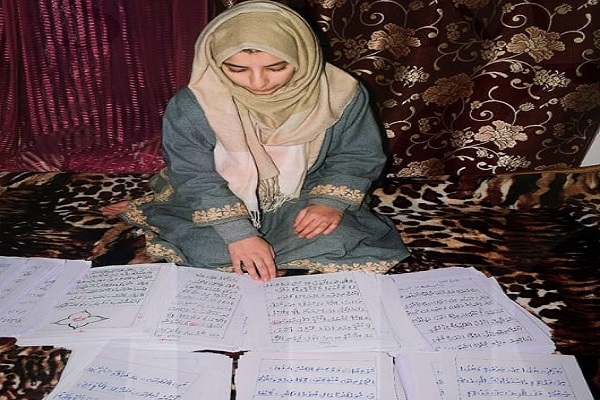According to rahyafteha(the missionaries and converts website):General Islamic Rulings for All Muslims:
Tawheed (Monotheism):
Belief in the absolute oneness of God (Allah) is the core principle of Islam. Muslims worship and submit to one God, believing in His uniqueness and sovereignty.
Salat (Prayer):
Muslims are required to perform daily ritual prayers, known as Salat, five times a day. These prayers are essential for maintaining a strong connection with Allah.
Sawm (Fasting):
Fasting during the month of Ramadan is obligatory for all adult Muslims. They abstain from food, drink, and other physical needs during daylight hours as an act of worship and self-purification.
Zakat (Charity):
Muslims are required to give a portion of their wealth (usually 2.5%) to those in need, as an act of charity and wealth distribution.
Hajj (Pilgrimage):
Muslims who are physically and financially able are required to perform the Hajj pilgrimage to Mecca at least once in their lifetime.

Additional Islamic Rulings for Sunni Muslims:
The Five Pillars of Sunni Islam:
Sunni Islam emphasizes the “Five Pillars of Islam,” which include the declaration of faith (Shahada), prayer (Salat), fasting (Sawm), charity (Zakat), and pilgrimage (Hajj).
Following the Sunnah:
Sunni Muslims follow the Sunnah, which includes the actions, sayings, and approvals of the Prophet Muhammad (peace be upon him) as a guide to living a righteous life.
Islamic Jurisprudence (Fiqh):
Sunni Muslims follow various schools of Islamic jurisprudence (e.g., Hanafi, Maliki, Shafi’i, Hanbali), each with its interpretations of Islamic law. They choose a school that aligns with their beliefs and practices.
Additional Islamic Rulings for Twelver Shia Muslims:
Wilayah (Leadership):
Twelver Shia Muslims believe in the concept of “Wilayah,” which involves following the leadership of the Twelve Imams after the Prophet Muhammad, with Imam Ali being the first Imam.
Imamah (Imamate):
Twelver Shia Muslims believe that the Twelve Imams were divinely appointed leaders and guides for the Muslim community, providing spiritual and moral guidance.
Taqlid (Religious Authority):
Twelver Shia Muslims often follow a specific religious scholar, known as a Marja’ al-Taqlid, for guidance on religious matters and interpretations of Islamic law.
Commemoration of Important Events:
Twelver Shia Muslims commemorate significant events, such as Ashura, which marks the martyrdom of Imam Hussein, through mourning rituals and remembrance ceremonies.
It’s important to note that these are foundational principles, and there are many more aspects to Islamic practice and belief. New converts are encouraged to seek knowledge, guidance, and support from knowledgeable individuals or Islamic centers to deepen their understanding of Islam and its teachings.



















